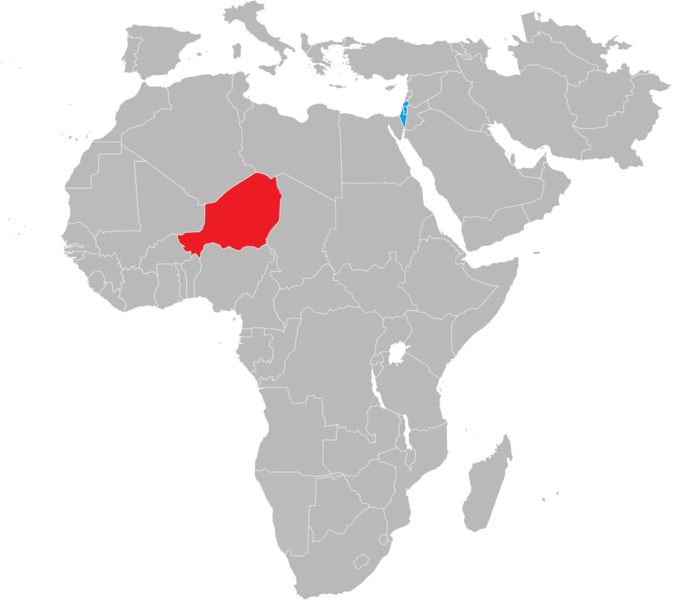Officials with the Niger Ministry of Health notified the World Health Organization (WHO) of a hepatitis E outbreak in the eastern part of the country. The outbreak emerged on Jan. 9 in the Diffa region when clinicians at the Centre Mere-Enfant de Diffa started admitting pregnant women with acute jaundice syndrome.

Image/FireSky
According to the Regional Director of Public Health in Diffa, 72 cases of acute jaundice syndrome including 17 deaths (case fatality rate of 23.6%) were reported by 10 April 2017. All 17 deaths occurred among pregnant mothers.
After ruling out yellow fever, the Ministry of Health formally declared a hepatitis E outbreak on Apr. 12. This is the first outbreak of the disease in the country.
Most of the affected people are either refugees or internally displaced persons due to the Boko Haram conflict on the border with Chad and Nigeria. The affected populations therefore have limited access to safe water and inadequate sanitation, conditions favoring propagation of the disease.
Hepatitis E is a liver disease caused by hepatitis E virus. The virus is shed in the stools of infected persons and enters the human body through the intestine. It is transmitted mainly through contaminated drinking water.
The incubation period ranges from 2 to 10 weeks, with an average of 5 – 6 weeks. The disease is usually self-limiting and resolves within 2 – 6 weeks with most of the cases remaining ambulant.
Occasionally a serious disease, known as fulminant hepatitis (acute liver failure) develops and a proportion of people with this condition can die. Fulminant hepatitis occurs more frequently in pregnancy, particularly in the second or third trimester, when the risk of acute liver failure, fetal loss and mortality is high. Case fatality rates as high as 20 – 25% have been reported among pregnant women in their third trimester.
Related:
- Dengue deaths top 1000 in the Philippines in 2016
- Measles prompts travel advisory for Belgium, Italy and Germany
- Nigeria meningitis outbreak tops 600 deaths
- Lyme disease still has a big cost to society when it comes to outdoor activities: Yale researchers
- Dengue in Sri Lanka: More than double the cases from 2016

